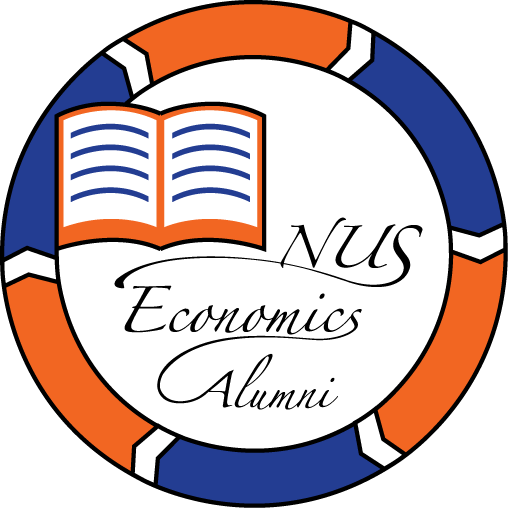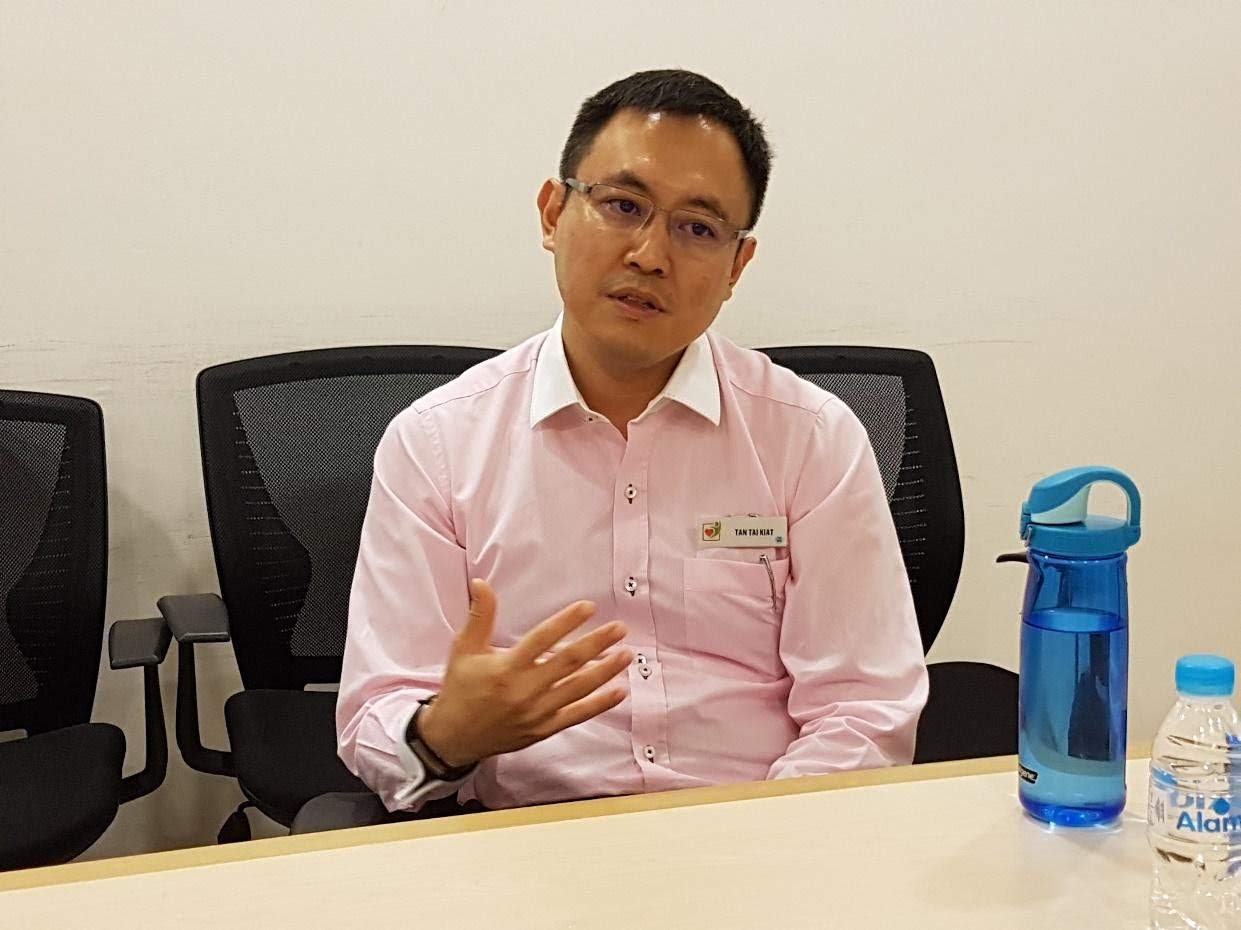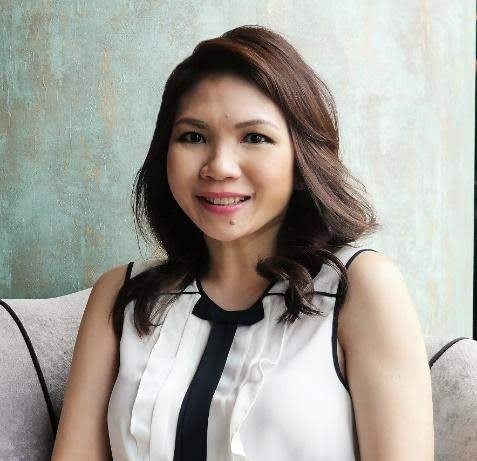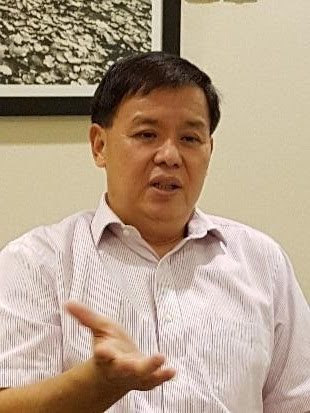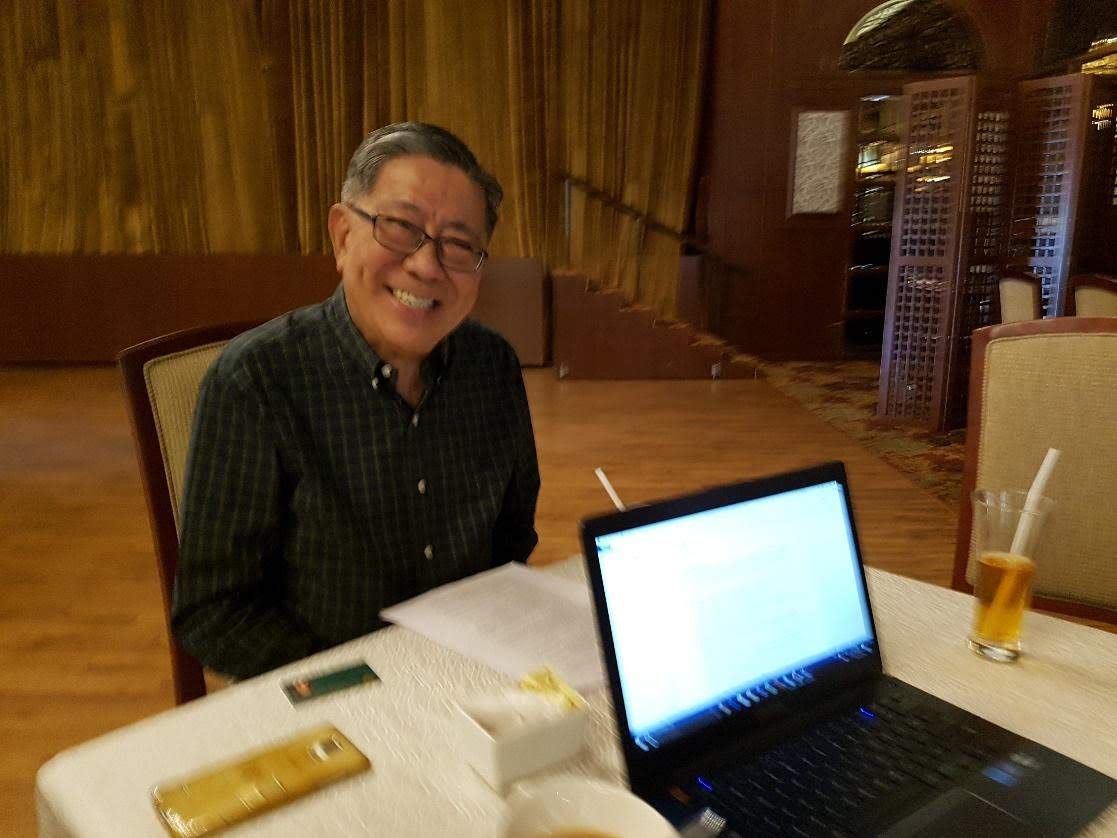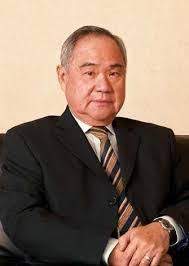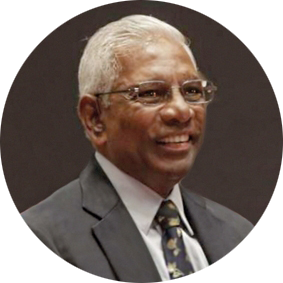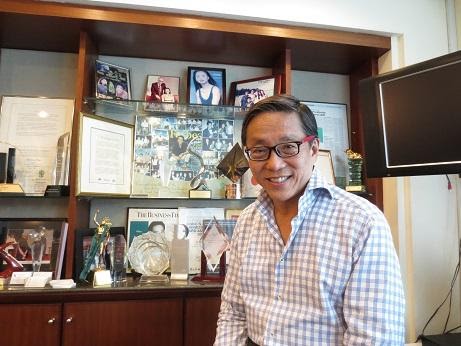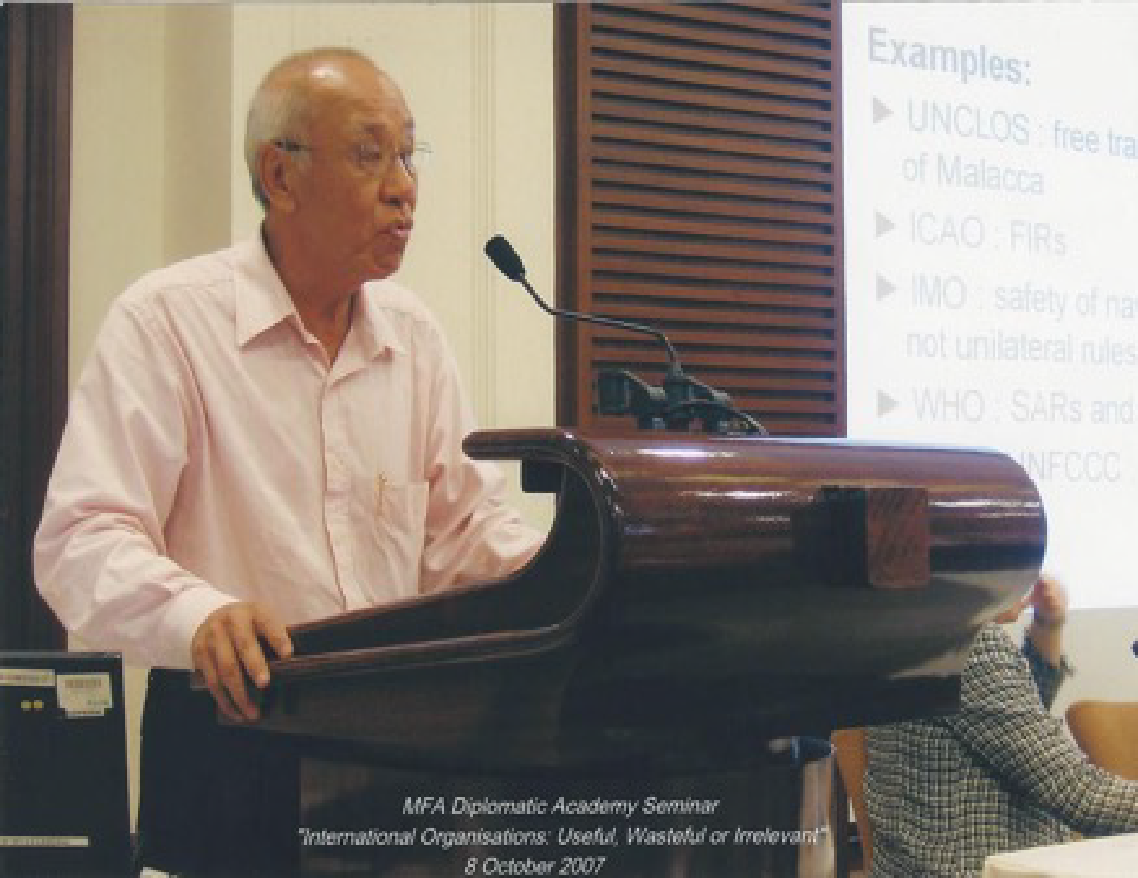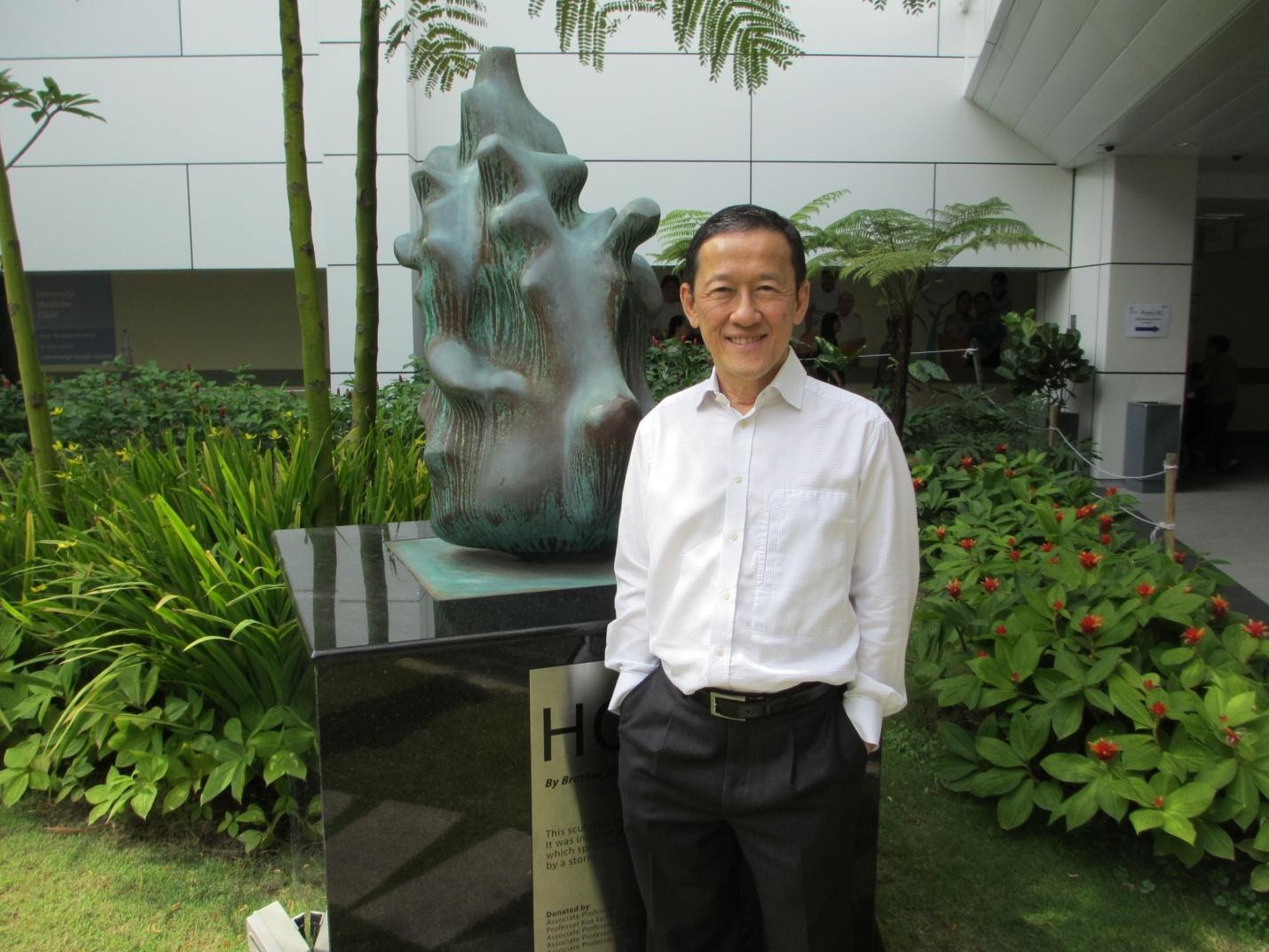Mr Tan Tai Kiat: A Grounded Healthcare Entrepreneur Integrating Health, Social and Community Services
Tan Tai Kiat, Director of Operations, SingHealth Community Hospitals.
By Warren Choo Shao Jie and Loh Wei Jie (ECONews Student Reporter)
Starting his career in public transportation and then to public healthcare, Tan Tai Kiat is a grounded healthcare entrepreneur in charge of operating three community hospitals. While living a busy life packed with meetings, he is pursuing a Ph.D. in Gerontology, combining his job as a healthcare administrator with his personal interest in caregiving for older adults. Mr Tan was the founding secretary of NUS Economics Alumni that started in 2007 and also received the NUS Outstanding Young Alumni Award in 2015. The ECONews met him at Bright Vision Hospital.
Could you share with us your work scope at SingHealth Community Hospitals?
SingHealth Community Hospitals (SCH) is the nation’s only cluster of public community hospitals with three hospitals under its management – Bright Vision Hospital, Sengkang and Outram Community Hospitals. SCH wants to bridge care and build communities in order to achieve health goals with patients by delivering person-centred care. A part of this goal is to provide a homely environment for patients to take part in well-paced personalised care from our multi-disciplinary teams.
We want our patients to not only recover, but also regain abilities so that they can return to the community. On this note, we envision ourselves playing a role to integrate health, social and community services through our initiatives, such as our Patient Service Centre at Sengkang Community Hospital, where our business office co-locates with community partners like Agency for Integrated Care (AIC) and National Library Board (NLB).
As Director of Operations, I oversee support operations, planning, communications and community engagement. In addition, we are working with our partners like the Singapore University of Social Sciences, with whom we recently signed a memorandum of understanding (MOU) to develop our education, research and innovation capabilities.
You started your career from the transportation sector and later moved to the healthcare industry. Could you share with us the transition and tell us how you arrived here today?
I was interested in public transport when I was young, and that’s why I studied transport economics in NUS. The late Associate Professor, Anthony Chin, was my honours thesis supervisor. It was a natural move for me to start my career at the public transportation industry. After graduation, I joined Land Transport Authority (LTA) and SBS Transit. One of the most memorable projects I did was Bus Service Enhancement Programme (BSEP) at SBS Transit to improve bus services. The move to public healthcare was serendipitous. I happened to join KK Women’s and Children’s Hospital (KKH), and that gave me the opportunity to contribute my skill sets in another industry.
How did you develop your interest in public transport when you were young?
When I was little, I enjoyed reading street directories and bus guides. I even planned up my own bus route at home, playing with toy cars and buses, and built imaginary roads too! So it was natural for me to lean towards transport economics and move on to LTA. I am grateful for the exposure in policy, planning and investigation work related to vehicle offences.
After this stint, I went to London School of Economics and Political Science to do my graduate studies in public policy and administration. There, I learnt that implementation and context matter, so I decided to go into the service delivery space of public transport to understand the spectrum and value chain of public transport. At SBS Transit, I did planning and operations, and that was where I enjoyed the ground experience working with bus captains and union. Through these experiences, I think I was better able to contribute ground-up operations with top-down planning for BSEP. That experience also helps me a lot here in the healthcare industry working with different stakeholders and multi-disciplinary teams.
You received a Master’s degree in Public Policy and now you are pursuing a Ph.D. in Gerontology…
It was also serendipity for me to study gerontology. I developed my interest in this subject when I was working at KKH. After attending workshops and conferences to understand this subject better, I wanted to learn the subject more in-depth. My interest in gerontology was cultivated also because I am a caregiver to my parents and parents-in-law. We need to offer more insight on caregiving in view of the ageing population in Singapore, and this is one aspect I want to emphasise through my work.
Sitting through sessions on end-of-life care, dementia and even environmental gerontology, I found the topics interesting. Besides caregiving research, I am interested in gerontology plus technology, or gerontechnology, as this is one emerging area we need to pay close attention to in digital age. For instance, I ask questions on how we can make better use of technology from bio-psychosocial and spiritual perspectives so that all of us can lead an active ageing life. For example, a simple digital tool like WhatsApp can be a powerful platform for older adults to connect and remain connected with friends and family members who may not be staying near them. I am really fortunate to be working in the healthcare industry so that I can marry my work and interest in gerontology, explore solutions on the ground and even social innovations to better serve the needs of ageing population.
How do you cope juggling different responsibilities?
I am grateful for the wonderful opportunities. My current responsibilities allow me to synergise my work, interests and play. To wind down, I read, jog, swim, cycle, do Taiji and Qigong regularly. I especially enjoy reading, which helps a lot for my graduate studies in gerontology.
What advice would you have for Economics undergraduates?
Enjoy your moments as a student while you are studying. You have to find something that you enjoy doing. One way to do that is to widen your horizons during your school days by going for attachments, volunteer works, or internships to get to know more people. For example, I have been a voluntary probation officer for 20 years, and I enjoyed the interactions there and learning at the same time. These are the experiences and journeys in life that we can reflect on to live meaningfully and help us define the cause and course of our lives.
This article was first published in ECONews in April 2019
